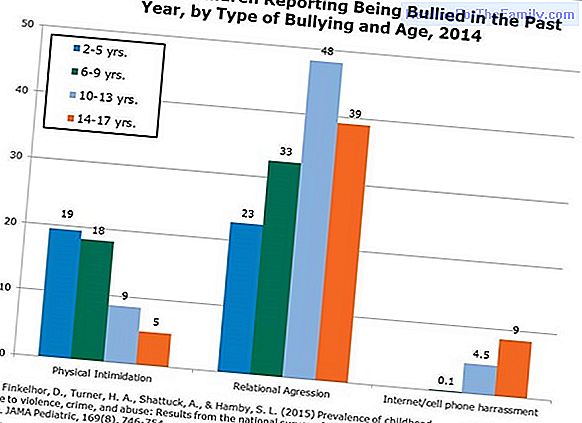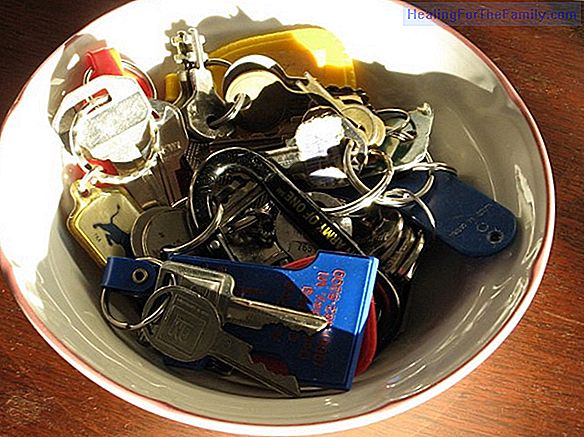How to teach children to be in solidarity
Many parents ask ourselves what is the best way to teach important values such as solidarity with our children. The example is always the best school, since the true education in values consists of the transmission of behaviors. Children learn through models and it is difficult to ask children t
Many parents ask ourselves what is the best way to teach important values such as solidarity with our children. The example is always the best school, since the true education in values consists of the transmission of behaviors. Children learn through models and it is difficult to ask children to be supportive if they do not see, usually at home, that their parents are.
Solidarity and children

In general, children learn more from what we do as parents than from what we say because they are imitators who are watching all of our actions. For this reason, many experts say that values are a kind of habits that are acquired unconsciously in the family. Therefore, if we want to encourage solidarity at home, it is best to have the child live in a home where there are always opportunities to help others and where messages are heard such as' we are not going to throw away the clothes you have left to the container, we are going to take it to the church for the poor children 'or' this Saturday we have to make something for the aunt who is sick '. In this way, we are not only teaching them how to act with others, but we are also favoring the empathy of the children, and by putting themselves in the place of the other they will more easily understand the importance of their help when it is really necessary.
Solidarity is one of the values that most favor the creation of bonds of trust and unity among children. But values can not be imposed or learned as a subject in school. The children will not adopt a value if they do not want, by obligation, since as soon as you stop insisting they will do what seems right to them. If you do not want to act in such a way, do not force him, since you can not impose values by force.
Inculcating values to children is a task that must start from the earliest childhood, when the child is small. The child's main source of values is found in the home, in their parents and relatives, and their education and personal development depends directly on them.
However, parents have to be aware that we can not cover everything and, even if we try, it is very difficult to be a perfect example in all. For this reason, we must determine what are the really important values for us: respect, solidarity, sincerity, loyalty ... and become a good model of that small bunch of really important values. Thus, as parents, we can be more proud of the development as a person of our son and we can see them grow serving as models with our performances. We parents have to be aware that we will not be able to transmit to our children the values that we lack.
My children and yours will be the men of tomorrow and one of the ways to leave them a better world for the future is to instill values as necessary for society as solidarity, which consists of helping, collaborating and cooperating with others to achieve a objective. It constitutes one of the human values par excellence, one of the most important because solidarity is necessary to build a better world. Helping those who need it, without having the obligation to do so, only for personal satisfaction, is a free event unique to the person. Finding the meaning of these actions to make decisions accordingly is one of the best teachings we can transmit to children during their childhood.
Marisol New. Editor of Guiainfantil.com












